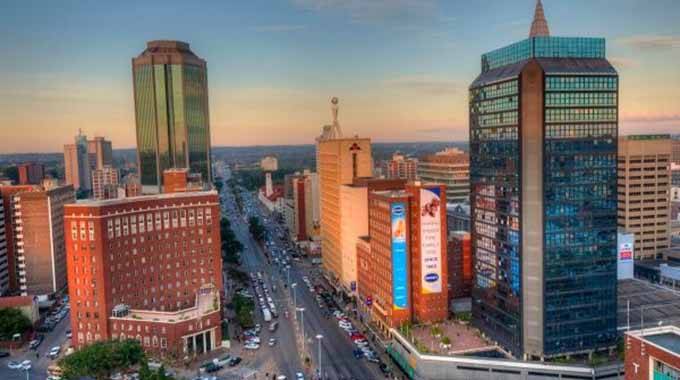Source: Harare proposes standstill budget | The Herald November 16, 2018
Innocent Ruwende Senior Reporter
Harare City Council will not increase charges for main line services like water, property tax, health services and refuse fees when it presents its 2019 budget next week.The city expects to raise the bulk of its money from its business units such as City Parking and Harare Quarry, as well as costs for regularisation of illegal settlements and other infrastructure.
Finance and Development Committee chairperson Councillor Luckson Mukunguma, said council would raise regularisation fees and ensure that more people pay their property tax for domestic, industrial and commercial stands and buildings.
Most residents are struggling to pay rates, which had accumulated to $370 million debt and recently council extended its 50 percent discount promotion to ratepayers on amounts that they pay against their debt to November.
The promotion has benefited both residents and council in a development that has seen revenue inflows improve resulting in council managing to clear part of its salary backlog and channel more resources to service delivery.
Residents have since reduced their debts from $370 million to $336 million.
“We are going to present a standstill budget,” said Clr Mukunguma.
“The economy is not performing well so we have to consider the plight of residents. We have some entities which we are banking on for revenue provision such as City Parking and Harare Quarry.
“We will also look at increasing regularisation fees as a way of deterring illegal activities in the city.
“Our major focus in the budget is service delivery initiatives. We are looking at road maintenance, refuse collection and water supply among another services.”
Clr Mukunguma said council will consider residents’ input in pre-budget consultations.
Government recently introduced a new budgeting system for local authorities, with councils now expected to present programme-based budgets, which do not give room to hidden costs and allow residents to track council expenditure.
In an interview recently, Ministry of Local Government, Public Works and National Housing principal director for urban and local authorities, Ms Erica Jones, said the old system gave councils room to hide some costs in the budget and in financial statements.
“It is also known as programmes based budgeting,” she said.
“What you do is you identify your core programmes. If you are doing well in collecting water revenue and you want to move the water money to another service, it is actually visible.”
Ms Jones said Government set up a broad framework of the 30:70 ratio in favour of service delivery but it does not apply across all the sectors.
Newer Post
Chamisa apologises over ‘stupid’ gaffe Older Post
Title deeds for Harare South residents 
COMMENTS